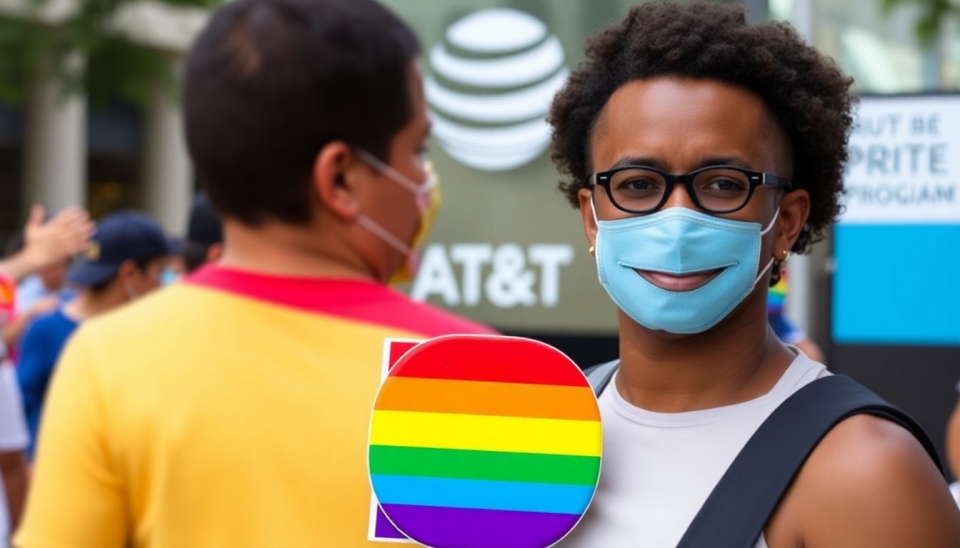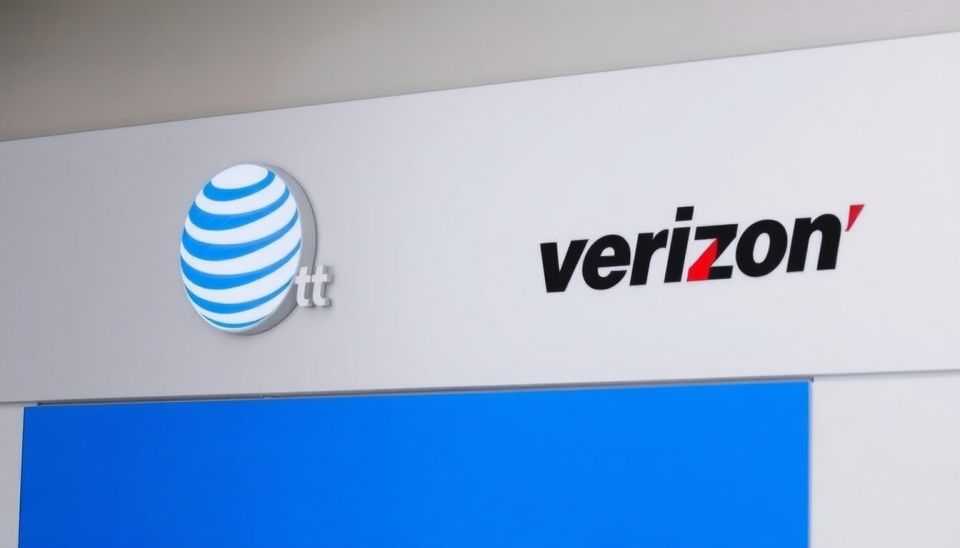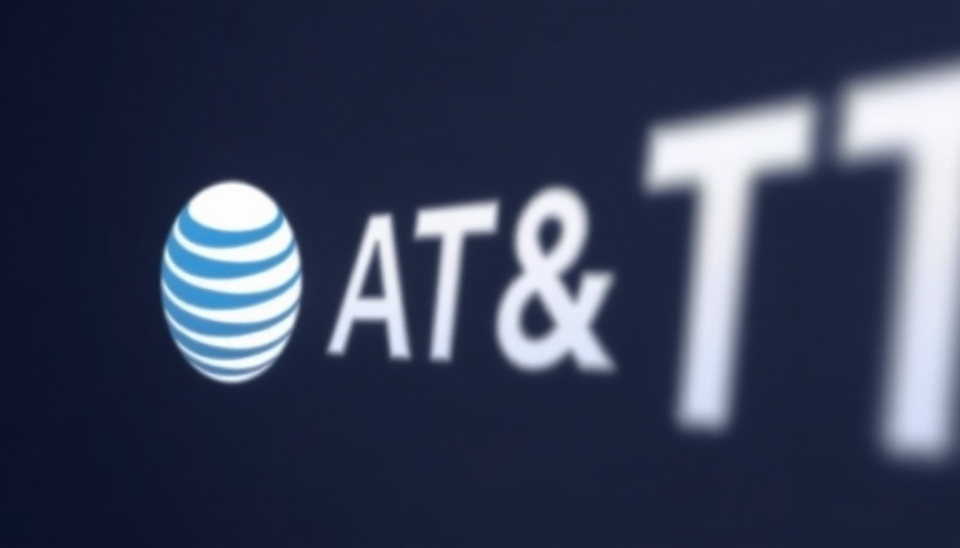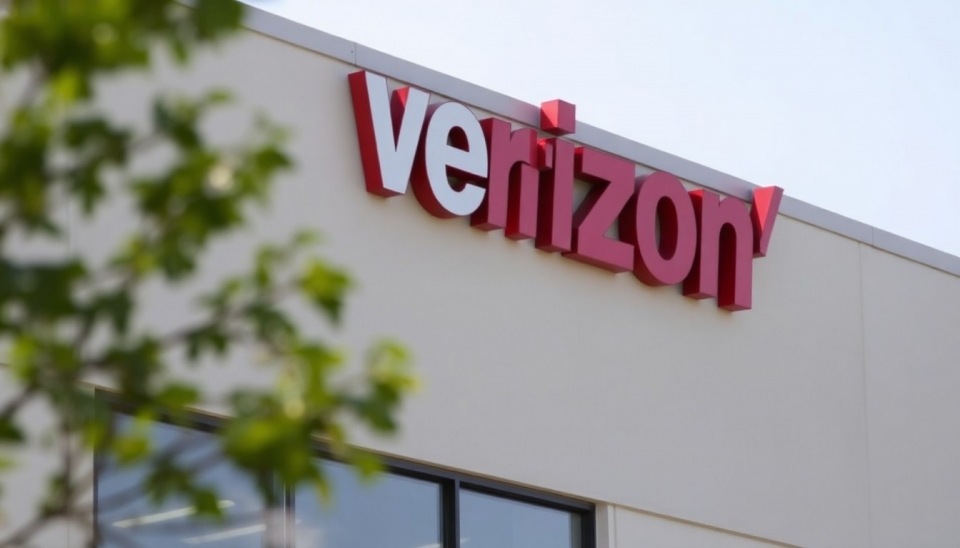
In a surprising turn of events, telecommunications giant AT&T has decided to curtail its diversity, equity, and inclusion (DEI) initiatives by discontinuing the distribution of pronoun pins and cancelling several Pride events. This move has sparked significant reactions from both employees and advocacy groups, raising questions about the company’s commitment to LGBTQ+ rights and representation.
Once hailed as a leader in corporate efforts to promote inclusive environments, AT&T's recent decision reflects a broader trend among some businesses to reevaluate their DEI investments amid changing political and social landscapes. The company stated that it is undergoing a strategic review of its DEI initiatives, leading to the discontinuation of certain programs, including those related to supporting the LGBTQ+ community.
The transition away from promoting pronoun pins—a symbol of respect and recognition for individuals' gender identities—has been particularly contentious. Employees voiced their discontent, stating that the pins were a vital tool for fostering an inclusive workplace. The pins not only served as conversation starters but also demonstrated solidarity with the LGBTQ+ community.
AT&T's decision to cancel several Pride events has further amplified concerns among its workforce and advocates. While the company mentioned that it intends to redirect its focus on strengthening its core business operations, critics argue this move could alienate a segment of the workforce and consumer base that values diversity and inclusion. Already, many employees have taken to social media to express outrage and disappointment, claiming that the cancellation sends a damaging message about the company’s priorities.
In the wake of these decisions, several LGBTQ+ rights organizations have also expressed their dissatisfaction. They stress that the corporate support for pride initiatives is essential, particularly as many societies face a resurgence of anti-LGBTQ+ sentiment. Experts emphasize that such corporate backing not only aids in fostering a more inclusive culture but also aligns companies with the values of their customers, something that can ultimately enhance brand loyalty.
As AT&T navigates this backlash, the implications of its recent decisions on employee morale and public perception remain to be seen. The company’s ability to effectively communicate its commitment to diversity and inclusion moving forward will likely dictate how well it can quell rising discontent and restore its image as an advocate for underrepresented communities.
In conclusion, AT&T’s recent actions indicate a significant shift in how corporations may engage with social issues. The reaction from employees and the broader community will be crucial in determining the long-term impacts of these cuts on the company and its relationship with the LGBTQ+ community.
#ATT #Diversity #Inclusion #LGBTQ #Pride #SocialIssues #CorporateResponsibility #Backlash
Author: Emily Collins




